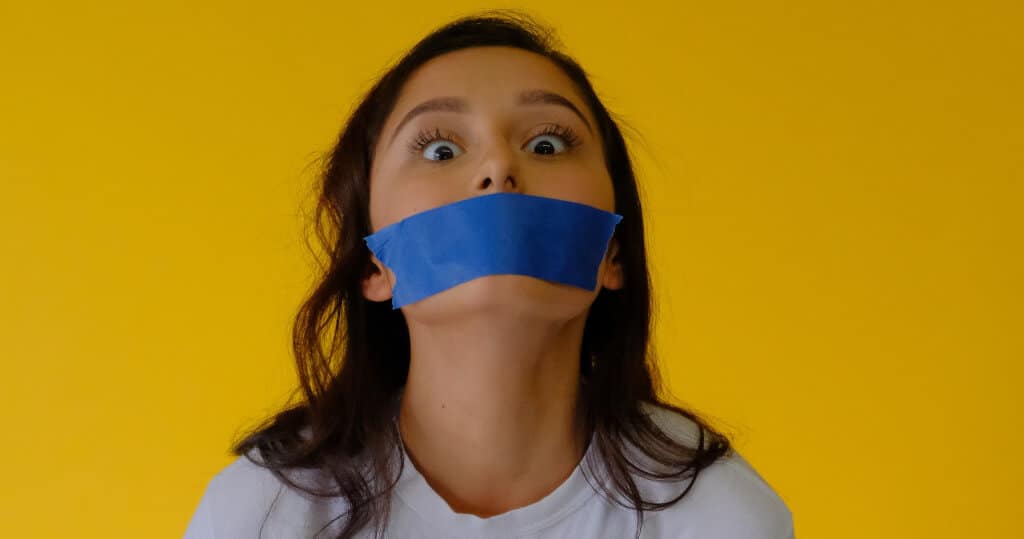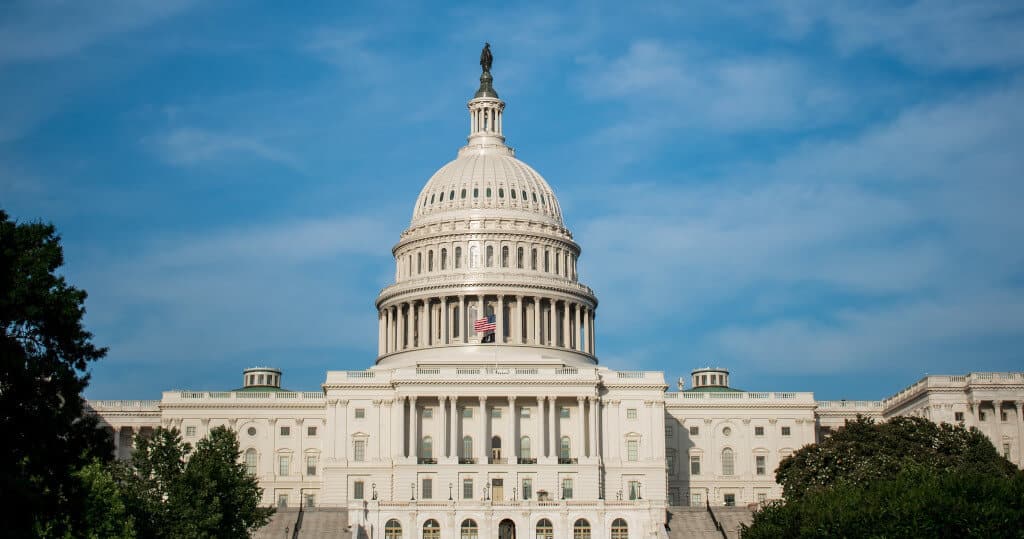Table of Contents
ToggleAn Overview
The principle of free speech and freedom of the press is sacrosanct to most Americans. And the First Amendment to the United States Constitution is arguably the most discussed legal topic of all time.
Yet, many questions have been raised, especially in recent times, as to whether the 1st Amendment is actually working for the people.

Proposed in 1789 and ratified on December 15, 1791, the Bill of Rights (first 10 amendments) was a revolutionary advancement toward equality and the promotion of civil liberties. Much has changed since then.
Freedom of the press was intended to prevent government power from restricting our right to be informed. A great thing in a world dominated by imperial monarchs.
Protected speech in the modern era
Today, the concept of free speech has taken on a new meaning. The internet and social media have changed how news is conveyed. Social commentators and bloggers have enormous sway over public opinion.

Questions are being raised about fake news. Is unrestricted freedom of speech really working? What about private censorship? Is this not an infringement of our basic right to freedom of expression?
Some believe that free speech has led to moral decay. How relevant is the law with regard to the 1st Amendment in 21st century America?
The debate is open to interpretation. Though, we should begin with a basic understanding of how free speech is interpreted in our modern legal system.

What Is Free Speech?
Something to be admired about the law is the way it constantly evolves. Amendments to the United States Constitution are one way we see this principle at work.
Another is the landmark cases in the United States Supreme Court that have set precedents for future interpretations.
On the face of things, it all seems pretty simple: Congress may not pass laws that infringe on our right to practice our religion, assemble, or express ourselves freely.

Over time, things become complicated. Our ability to express ourselves is not restricted to only words and media. Our actions and the right to protest are also forms of expression.
- West Virginia Board of Education v. Barnette, 319 U.S. 624 (1943): Public schools may not force students to recite the pledge of allegiance or salute the flag if it contradicts their religious beliefs.
- Tinker v. Des Moines, 393 U.S. 503 (1969): Students have the right to protest, provided it does not disrupt the rights of others or school activities.
- Cohen v. California, 403 U.S. 15 (1971): Speech deemed offensive or vulgar may not be prohibited when used as a form of expression, like a political protest.
- Buckley v. Valeo, 424 U.S. 1 (1976): Congress may not control or influence expenditure on political campaigns.
- Virginia Board of Pharmacy v. Virginia Consumer Council, 425 U.S. 748 (1976): The state may not prevent or restrict businesses and professionals from advertising their products or service.
- Texas v. Johnson, 491 U.S. 397 (1989): Protecting the rights for symbolic free expression, like desecration of the flag.
What is not free speech?
- Schenck v. United States, 249 U.S. 47 (1919): Speech that may entice people to commit a crime or place people in danger.
- Roth v. United States, 354 U.S. 476 (1957): Making or distributing obscene material. This view has been challenged since, and it has become vague as to what social values can be applied in determining what is obscene or pornographic.
- United States v. O’Brien, 391 U.S. 367 (1968): Burning a draft card as a form of anti-war protest is not considered free speech. The intentional destruction of a draft card was prevented by law in 1965.
- Hazelwood School District v. Kuhlmeier, 484 U.S. 260 (1988): The 1st Amendment does not prevent a school from censoring student journalists. The school has the right to prevent the publication of articles in a school newspaper.
- Bethel School District #43 v. Fraser, 478 U.S. 675 (1986): A school may take disciplinary action against a student publicly using language that implies obscenity.
- Morse v. Frederick, U.S. (2007): Students may not promote the use of drugs at a school event.
Contemporary Debate
All the cases listed above are examples of challenges to our interpretation of what is free speech and what is not.

Get Smarter on US News, History, and the Constitution
Join the thousands of fellow patriots who rely on our 5-minute newsletter to stay informed on the key events and trends that shaped our nation's past and continue to shape its present.

In modern times, new issues have arisen. To some degree, social norms have changed. What was once deemed acceptable speech no longer is.
Similarly, many past taboos, like sexual innuendo, are now perfectly acceptable.
Technology has also changed how we receive information. For example, the issue of the distribution of obscene material can longer be argued. The internet has made it impossible to regulate pornography.
So what are the most pressing modern questions pertaining to free speech?
Hate Speech
People have become increasingly aware of intolerance. Hate speech is generally condemned in modern society.

This would be language that may be seen as offensive by discriminating against a person (or group) based on gender, race, religion, or sexual orientation.
While hate speech may be unacceptable in most modern societies, the law is somewhat ambiguous on the topic.
On the one hand, it is clear that speech used to incite illegal or dangerous activity is not permitted. Conversely, speech that could be considered vulgar or offensive is an acceptable form of free expression.
The use of hate speech is, therefore, legally acceptable unless it incites others to be lawless or engage in dangerous behavior.
Private Censorship
It is important to understand that First Amendment protection only applies to Congress legislation that restricts free speech, freedom of religion, or freedom of association.

Over time, this has extended to public institutions and law enforcement. Private organizations are not held to the same principles.
A private company may implement disciplinary action for hate speech, even though it is technically free speech.
Another company may restrict freedom of expression by disciplining employees who display solidarity with a particular political cause.
Social media controversy
There has been much controversy around social media companies, like Facebook and Twitter, censoring and banning users for not complying with their policies.
This is seen by many as an infringement of our civil rights. However, since these are private organizations with voluntary participation, they have no legal obligation to respect freedom of expression.
Fake News
First Amendment freedom is intended to give the public faith in the press. It could not be controlled or influenced by government officials. The free press is widely accepted as the “cornerstone of democracy.”

Ironically, this very freedom has come to undermine our respect for the media. Allegations of fake news against cable networks like CNN abound.
We can no longer be certain whether what we read, see, or hear in the media is factually correct.
The formal media (television, radio, and newspapers) are regulated to some extent. They have to provide information that can be corroborated by factual quotes, though this can be manipulated.
A source can be quoted based on expertise they do not have. It is considered fair reporting as long as this is a legitimate quote, regardless of the credentials.
Websites and blog sites have absolutely no obligation to report factually correct information. The informal media can publish news that is completely fabricated. It is up to the reader to decide what to believe.
Many uncertainties prevail. One thing is certain, though, our legal system is yet to catch up with the digital age.





One Response
I believe in freedom of the press, but these days thank God for the Internet because we have the liberty to read and listen to many sites worldwide. I like the option of reading from another person‘s point of perspective, especially worldwide. I just wish the press would be more respectful of the issues and not the person/people because of their notoriety.